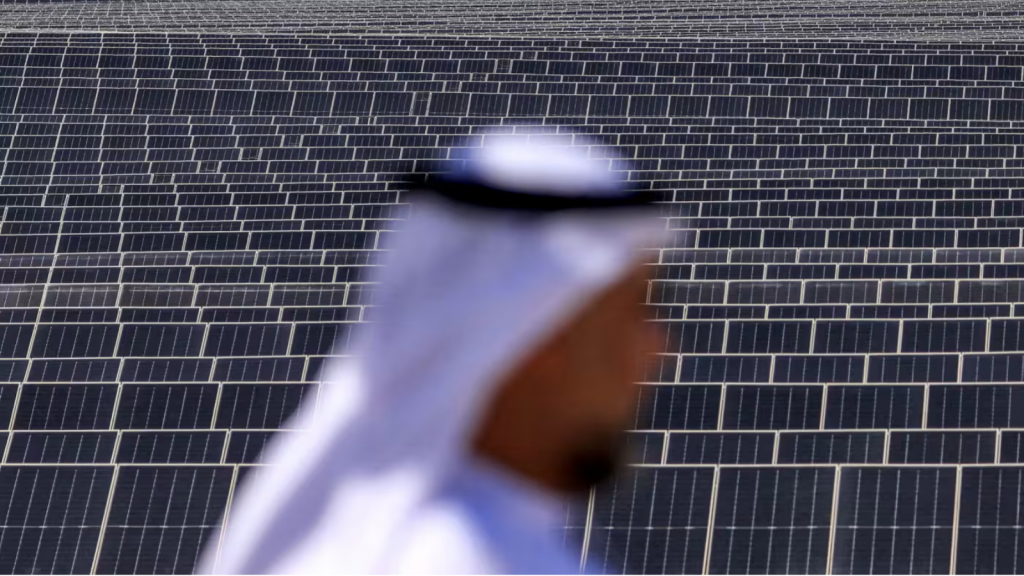
Alternative Energy Sources
10.08.2023Alternative energy sources are non-fossil energy sources, meaning they are not produced from fossil fuels such as coal, oil and natural gas. Alternative energy sources are renewable, that is, they can be used without depleting natural resources.
Alternative energy sources include:
- Solar energy
- Wind energy
- Hydropower
- Geothermal energy
- Biomass
- Ocean energy
- Heat pumps
Solar energy is energy obtained from the Sun. Solar cells convert solar energy into electrical energy. Solar energy can be used to heat, cool and light homes and businesses.
Wind energy is energy that is obtained from the wind. Wind turbines convert wind energy into electrical energy. Wind energy can be used to generate electricity for domestic and commercial use, as well as to supplement the energy grid.
Hydropower is energy obtained from the movement of water. Hydroelectric plants use the power of water to turn turbines that generate electricity. Hydropower is one of the most widespread sources of renewable energy in the world.
Geothermal energy is energy that is obtained from the depths of the Earth. Geothermal power plants use heat from deep within the Earth to generate electricity. Geothermal energy can be used for heating, cooling and electricity generation.
Biomass is organic material that comes from plants and animals. Biofuel is a fuel produced from biomass. Biofuels can be used for heating, cooling and electricity generation.
Ocean energy is energy that comes from the ocean. Ocean energy can be used for electricity generation, water desalination and marine transport energy.
Heat pumps are devices that use heat from the environment to heat and cool homes and businesses. Heat pumps are an efficient way to use energy and can significantly reduce heating and cooling costs.
Alternative energy sources have several advantages over traditional energy sources such as coal, oil, and natural gas. Alternative energy sources are renewable, that is, they can be used without depleting natural resources. Alternative energy sources are clean, meaning they do not cause environmental pollution. Alternative energy sources are available, that is, they can be used in any area.
Alternative energy sources have the potential to replace traditional energy sources and contribute to the fight against climate change. However, there are also some challenges associated with alternative energy sources such as:
The cost of alternative energy sources can be higher than the cost of traditional energy sources.
Alternative energy sources may be less reliable than traditional energy sources.
Alternative energy sources can have a negative impact on the environment.
Despite these challenges, alternative energy sources are an important component of the future energy sector. Alternative energy sources can help us reduce our dependence on traditional energy sources, contribute to the fight against climate change and create new jobs.
Become a member of 100 RE UA
Switching to 100% renewable energy in Ukraine is possible!




